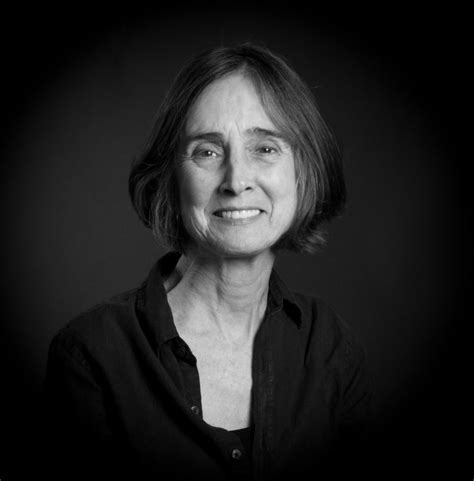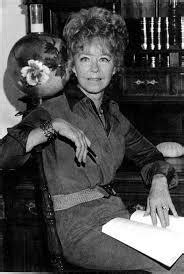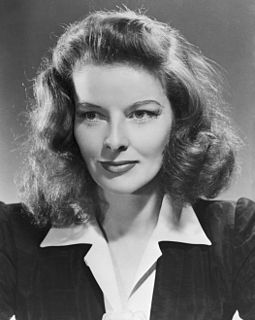A Quote by John Sayles
For me the writing, when I'm going to direct it myself, is really just the first draft, and I don't change it very much; I only change it on average about two lines per movie.
Related Quotes
I was a lot dumber when I was writing the novel. I felt like worse of a writer because I wrote many of the short stories in one sitting or over maybe three days, and they didn't change that much. There weren't many, many drafts. That made me feel semi-brilliant and part of a magical process. Writing the novel wasn't like that. I would come home every day from my office and say, "Well, I still really like the story, I just wish it was better written." At that point, I didn't realize I was writing a first draft. And the first draft was the hardest part.
I guess what I like in my movies is where you see a character change by maybe two degrees as opposed to the traditional movie change of ninety degrees. I guess that always feels false to me in movies because that doesn't truly happen. Around me, at least in the life I live, I guess I don't see people change ninety or a hundred degrees. I see them change in very small increments. I think it's just a monitor I might have on myself as a writer to not make any false scenes.
and i don't just mean that they change you. a lot of people can change you - the first kid who called you a name, the first teacher who said you were smart, the first person who crowned you best friend. it's the change you remember, the firsts and what they meant, not really the people......i'm talking about the ones who, for whatever reason, are as much a part of you has your own soul. their place in your heart is tender; a bruise of longing, a pulse of unfinished business.
I don't think the war is going to end, but the war is just going to change. So we talk about change all the time, well that's what's going to change. You know, we tried having an idiot try and justify the war and give us these rationales and now we're going to have a very articulate and capable black man say it.
To me the only real star of the movie is the writer. And I work with writers very closely, from outline to first draft and on to the seventh draft, whatever it takes. Then my job is to support the director to make the best movie we can. Some producers try to go past them, but my job is to support them.
Let's just say that where a change was required, I adjusted. In every relationship that exists, people have to seek a way to survive. If you really care about the person, you do what's necessary, or that's the end. For the first time, I found that I really could change, and the qualities I most admired in myself I gave up. I stopped being loud and bossy... Oh, all right. I was still loud and bossy, but only behind his back.
After finishing the first draft, I work for as long as it takes (for two or three weeks, most often) to rework that first draft on a computer. Usually that involves expansion: filling in and adding to, but trying not to lose the spontaneous, direct sound. I use that first draft as a touchstone to make sure everything else in that section has the same sound, the same tone and impression of spontaneity.







































